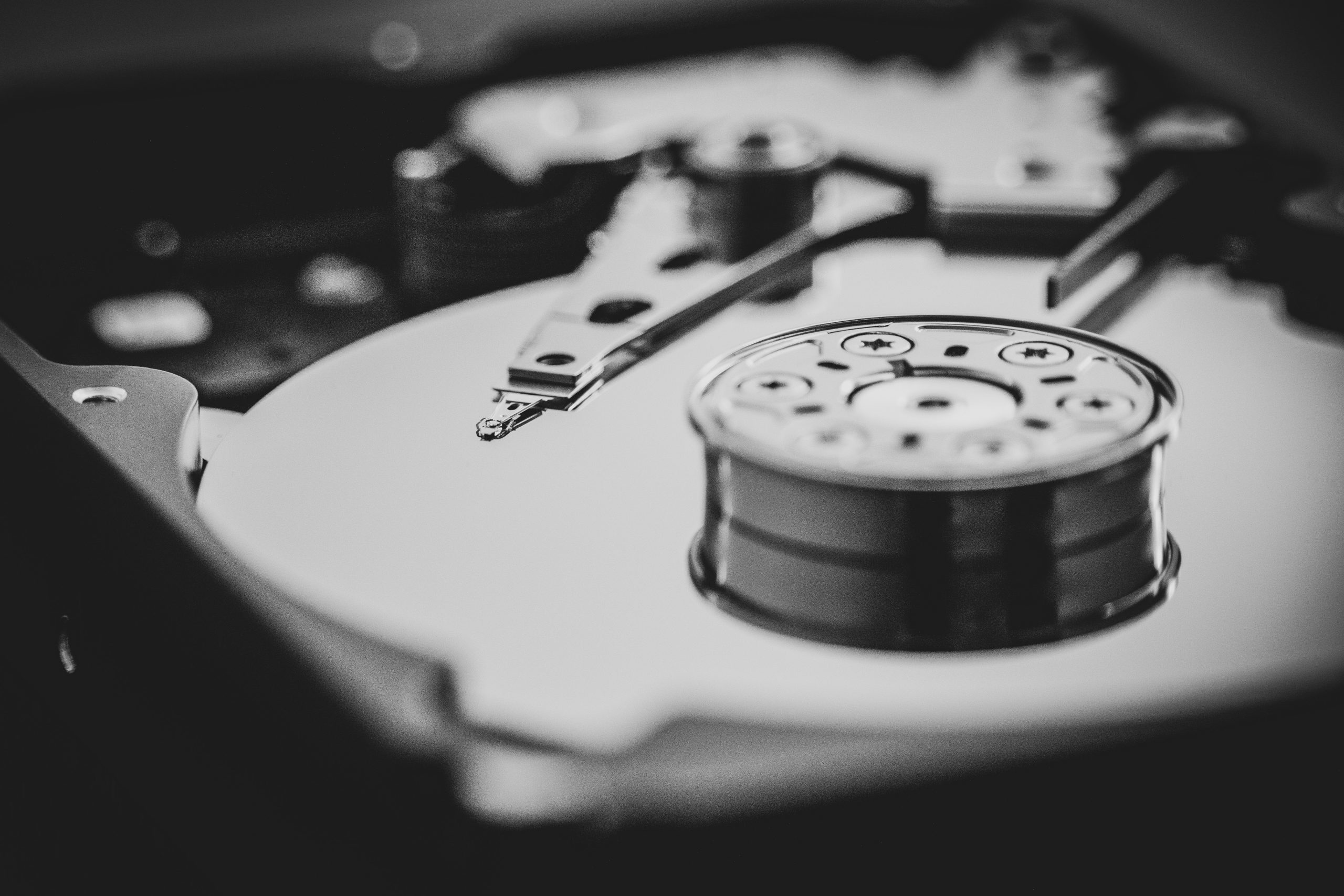Ban-Seng Teh, TechRadar.com, October 25, 2023
The manufacturing sector is rarely associated with sustainability best practices, and arguably for good reason. A recent study from IPCC found manufacturers account for 30% of global greenhouse gas emissions. Many still all too often make products without a plan for what happens when they reach end of life. From a technology hardware perspective, electronics no longer in use are far too often thrown away. In the UK alone, an estimated 2 million tonnes of Waste Electrical and Electronic Equipment (WEEE) items are discarded by consumers and companies every year.
According to IDC, the Global DataSphere is expected to generate 291ZB of data in 2027. Finding ways to recycle the world’s hard drive waste has therefore become a particularly pressing concern for the data storage industry. We have a critical part to play in operating more sustainably, and there are multiple ways to achieve this.
Delete, don’t destroy
When a hard drive comes to the end of its life, many believe shredding is the only way to make confidential or sensitive information completely irretrievable. According to the Circular Drive Initiative, millions of storage devices are being shredded each year, even though they could be reused. Of course, data and intellectual property must be protected and adhere to global data privacy laws. However, disposal and shredding are not the only answer, and they are certainly not the most sustainable approach.
Businesses should not preclude safe data deletion. Many hard drives now have built-in encryption and erase capabilities, which means data can be digitally wiped through data sanitization. With the right technology, this can take literally a matter of seconds, and lead to redeployment into the market for many years.







